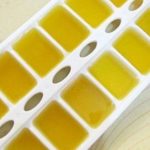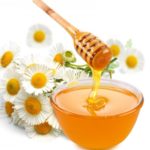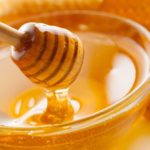1 Maple Syrup
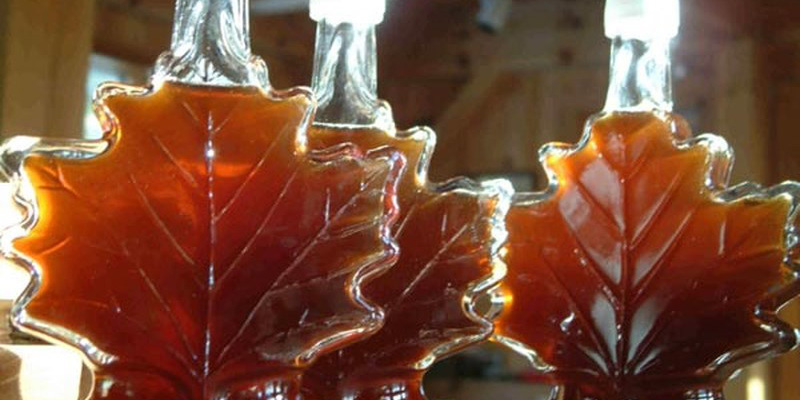
Maple syrup is derived from the sap of maple trees. In cold climates, these trees store starch in their trunks and roots before winter, which converts to sugar and releases sap in the spring. The sap is heated to evaporate the water and concentrate the syrup, which is then dried and ground into a powder sold as maple sugar.
Maple syrup contains various vitamins, minerals, and antioxidants. It also boasts minerals that aid in collagen production, benefiting skin health and bone strength.
2 Honey
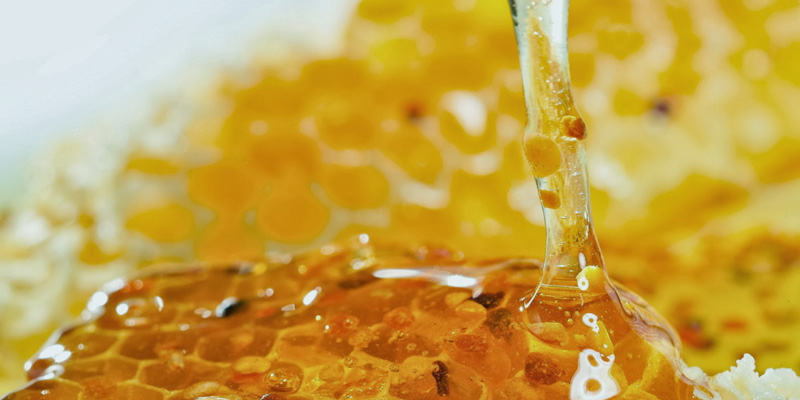
Honey is a natural sweetener that offers nutritional benefits, including antioxidants, antibacterial, antiviral, and anti-inflammatory compounds. It can be used in its liquid, dried, or powdered form for daily cooking. Replace each spoonful of sugar with a spoonful of honey, or adjust the amount to suit your taste and the quantity of food being prepared.
In addition to cooking, honey can be used to dress wounds and fight infections, much like sugar. Moreover, studies indicate that regular honey consumption leads to more stable blood sugar and insulin levels compared to other sweeteners.
3 Raw Sugar
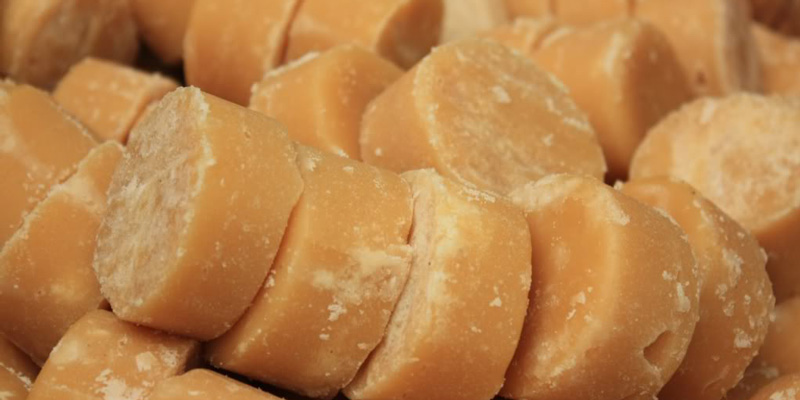
Raw sugar provides essential nutrients such as potassium, manganese, magnesium, copper, calcium, iron, vitamins B and K, and antioxidants. However, the nutritional content in a teaspoon of raw sugar is minimal, containing only 15 calories and about 3g of sugar.
You can replace white sugar with raw sugar, using a smaller amount. For enhanced sweetness, consider adding cinnamon, ginger, or cloves. However, raw sugar is challenging to dissolve, so it’s not ideal for beverages or smoothies.
4 Coconut Sugar
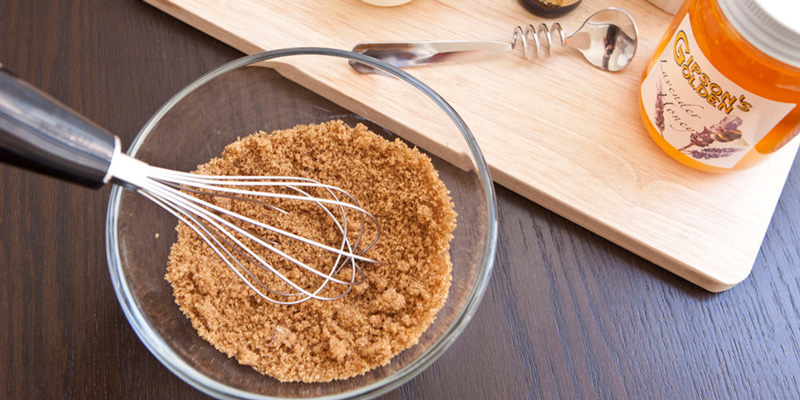
Coconut sugar is produced from the sap of coconut tree buds and is similar to table sugar in terms of sweetness. It contains roughly 15 calories and 4 grams of sugar per teaspoon. Coconut sugar provides nutrients like thiamin, iron, zinc, potassium, phosphorus, magnesium, calcium, and antioxidants. This makes it a suitable replacement for sugar in cooking or baking.
5 Molasses
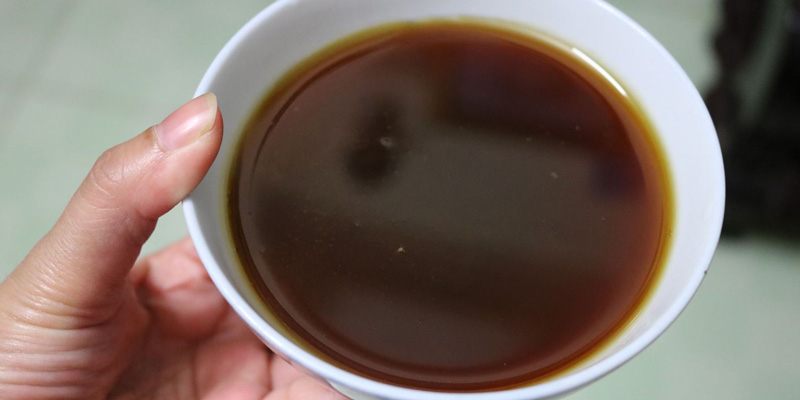
Molasses is a byproduct of sugar cane processing and contains potassium, magnesium, vitamin B6, copper, selenium, and manganese. A teaspoon provides about 15 calories and 4g of sugar. Moreover, molasses has higher antioxidant levels than other sweeteners, making it ideal for cooking or baking.
Although the above-mentioned sweeteners are derived from natural sources and minimally processed, they still contain significant amounts of nutrients. It’s important to consume them in moderation to avoid potential health complications.
Source: suckhoedoisong.vn
Honey‘>Exploring the Advantages of Cleansing with Honey
As a natural alternative to traditional face cleansers, honey is widely touted for its powerful beauty benefits. From treating acne to lightening age spots, honey is a top ingredient in many DIY face wash recipes. In this article, we’re exploring the potential advantages of using honey as a face wash.




























